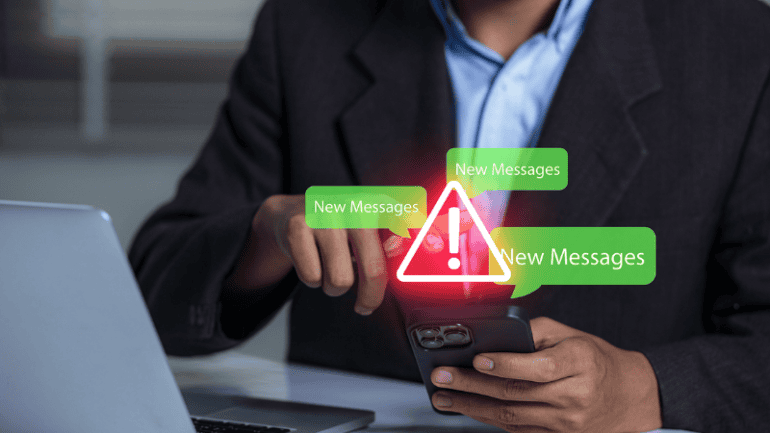Warning: This article contains references to intimate partner violence and coercive control.
Stalkerware applications are often advertised as ‘parental control applications’, before being downloaded onto victims’ devices without knowledge or consent.
The legality of such applications remains murky, with laws varying between states and territories.
Click and listen the full episode below:
Last year, a landmark legal case in New York, underscored the severity of the issue, labelling stalkerware as both “a sign of an unhealthy relationship” and a violation of the law.
In today’s episode of The Briefing, Bension Siebert delves into the sinister world of malware, spyware, and stalkerware with Cyber forensic expert, Rose MacDonald.
They explore how victims can determine if their phones are bugged, and what needs to happen to better protect domestic violence survivors against technology-facilitated abuse.
Ms MacDonald said most of the applications marked as ‘parental applications’ to install on children’s devices so that parents could monitor and keep their children safe.
“I think it probably comes down to awareness and whether you’ve consented to tools or applications being installed on your device and how they’re being used,” she said.
She underscored the need for individuals to be vigilant about unauthorised installations on their devices and emphasises potential red flags, such as unusual battery behaviour.
“The battery might get very hot. You might see a green or orange light at the top of your phone, indicating the microphone or camera accessing a particular application.”
For support and assistance, individuals are encouraged to contact 1800 RESPECT on 1800 737 732.
Subscribe to The Briefing, Australia’s fastest-growing news podcast on LiSTNR today. The Briefing serves up the latest news and deep dives on topics affecting you, all in under 20 minutes.
